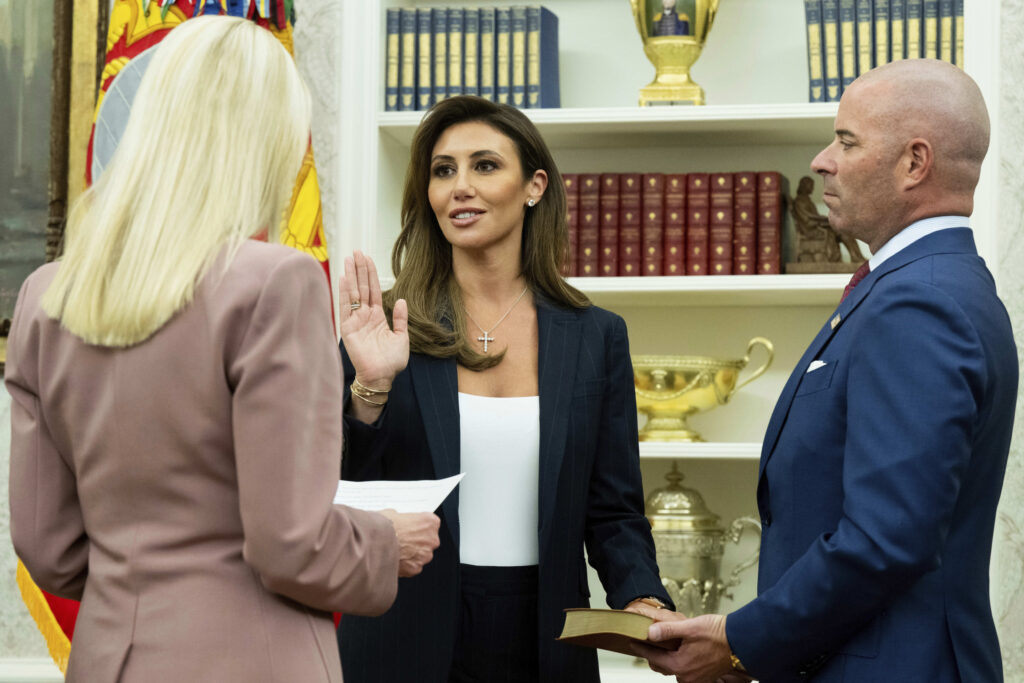
UPDATE: In a shocking turn of events, the U.S. Department of Justice has just removed Desiree Leigh Grace as the U.S. attorney for the District of New Jersey—only hours after her unexpected appointment over Alina Habba. This development comes amid escalating tensions between the judiciary and the Trump administration.
Earlier today, federal judges in New Jersey announced their decision to appoint Grace, who was serving as first assistant under Habba, after they opted not to confirm Habba’s interim position, which she held since March 28, 2023. In a swift response, Attorney General Pam Bondi took to X, stating, “Alina Habba has been doing a great job in making NJ safe again. Nonetheless, politically minded judges refused to allow her to continue.” This underscores the contentious atmosphere surrounding judicial appointments.
The rapid firing of Grace raises immediate questions about the separation of powers and the Trump administration’s stance on judicial independence. Bondi emphasized that the DOJ “does not tolerate rogue judges,” pointing to a broader narrative of conflict between federal authorities and the judiciary.
Grace joined the U.S. Attorney’s Office in New Jersey in 2016 and has taken on several critical roles, including acting chief of the Violent Crimes Unit. Her swift removal marks a significant shift in leadership and raises concerns about the future of the office.
In response to Grace’s firing, Deputy Attorney General Todd Blanche stated, “The district judges in NJ just proved this was never about law—it was about politics. This backroom vote will not override the authority of the Chief Executive.” His comments highlight the ongoing struggle between the Trump administration and the judiciary.
Senators Cory Booker and Andy Kim, both Democrats from New Jersey, condemned the firing, arguing it undermines judicial authority and threatens the rule of law. They stated, “The people of New Jersey deserve a U.S. Attorney who will enforce the law without partisanship or politics.”
The legal status of Grace’s appointment remains uncertain, as does the next step for the U.S. Attorney’s Office in New Jersey, which is now left without a recognized leader. As this story develops, it signals an urgent need for clarity in the ongoing tensions between the judiciary and the executive branches.
Stay tuned for further updates on this rapidly evolving situation that could impact the future of legal governance in New Jersey and beyond.





